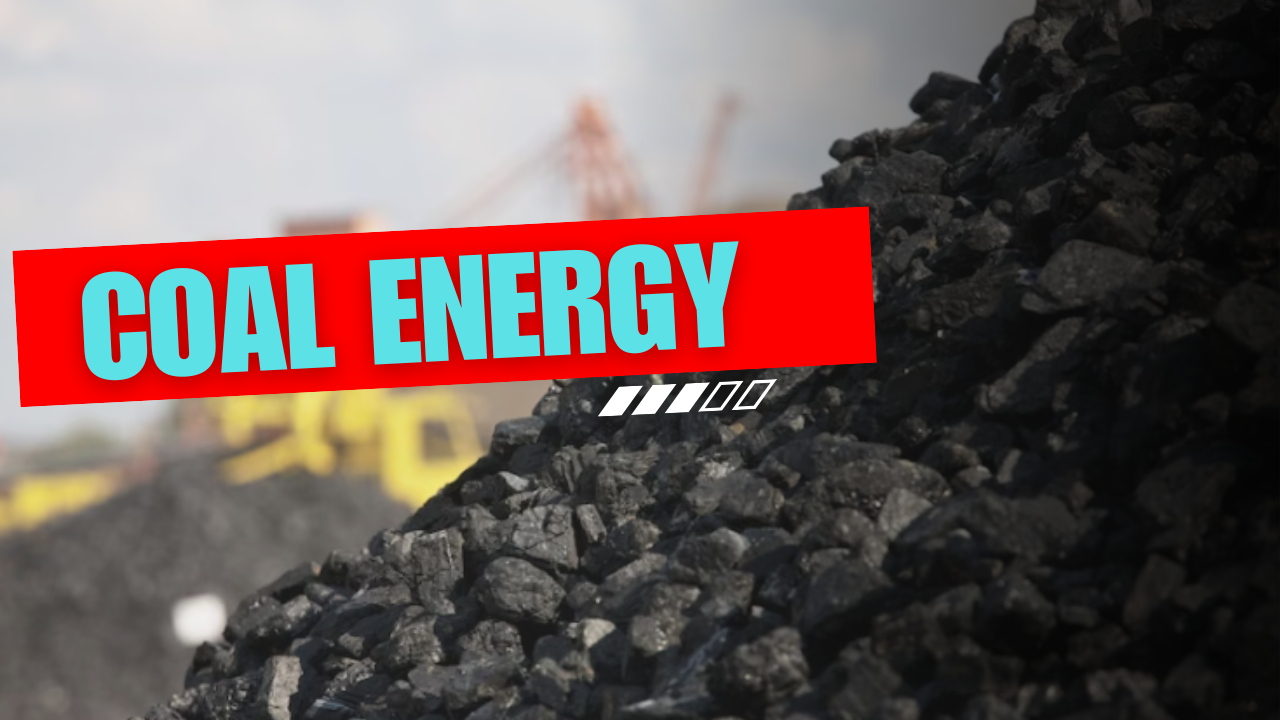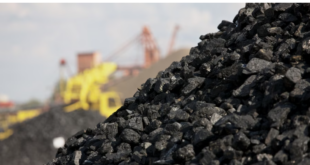 Dr. Seema Javed
Dr. Seema Javed
Coal plays a vital role in India’s energy security. India is the second-largest coal producer in the world after China. India has among the top five coal reserves in the world, besides the USA, Australia, Russia and China. The country has around 344-billion tonnes (BT) in coal reserves and 163 BT of it is proven reserves. According to the official data, India achieved 47% of growth in coal production in the past nine years.
The government has set a target of more than 1,000 million tonnes of coal production in the financial year of 2023-24.With environmental concerns and development of renewable energy, diversification of coal for its sustainable use is inevitable in India. India aims to gasify around 10% of its total coal produced.
With The adaptation of gasification technology India is set to move towards reliance on cleaner fuel and reduce its reliance on coal. Planning for gasification of coal and lignite has gained momentum over the past decade.
The country’s Coal Gasification Mission was outlined in September 2021. This year in January 2024 the Union Cabinet approved the scheme to promote gasification projects in the country.
India has set a target of 100 million tonnes (MT) of coal gasification by 2030. The government announced an outlay of ₹8,500 crore (approx. $1.02 billion) for these projects.
The coal gasification plants are seen as “strategically important” assets since Coal gasification is considered a cleaner option compared to burning of coal. Gasification facilitates utilisation of the chemical properties of coal.
SynGas produced from Coal gasification can be usable in producing Synthetic Natural Gas (SNG), energy fuel (methanol & ethanol), ammonia for fertilisers and petro-chemicals.”
Aslo Read : And Jal Saheli Shrikunwar became the leader of the village
Aslo Read : Climate change increases risks of hot weather for Holi
Syngas produced through gasification of domestic coal can help reduce the dependence of blast furnace technology on coking coal and the direct reduced iron technology on natural gas, which are the two major iron-making technology routes in India, currently dependent on these imported fuels. It further leverages the advantage of being a cleaner technology in terms of air pollution, compared to traditional processes of burning coal directly, therefore improving regional air quality.
 Dr. Seema Javed
Dr. Seema Javed
 Jubilee Post News & Views
Jubilee Post News & Views





